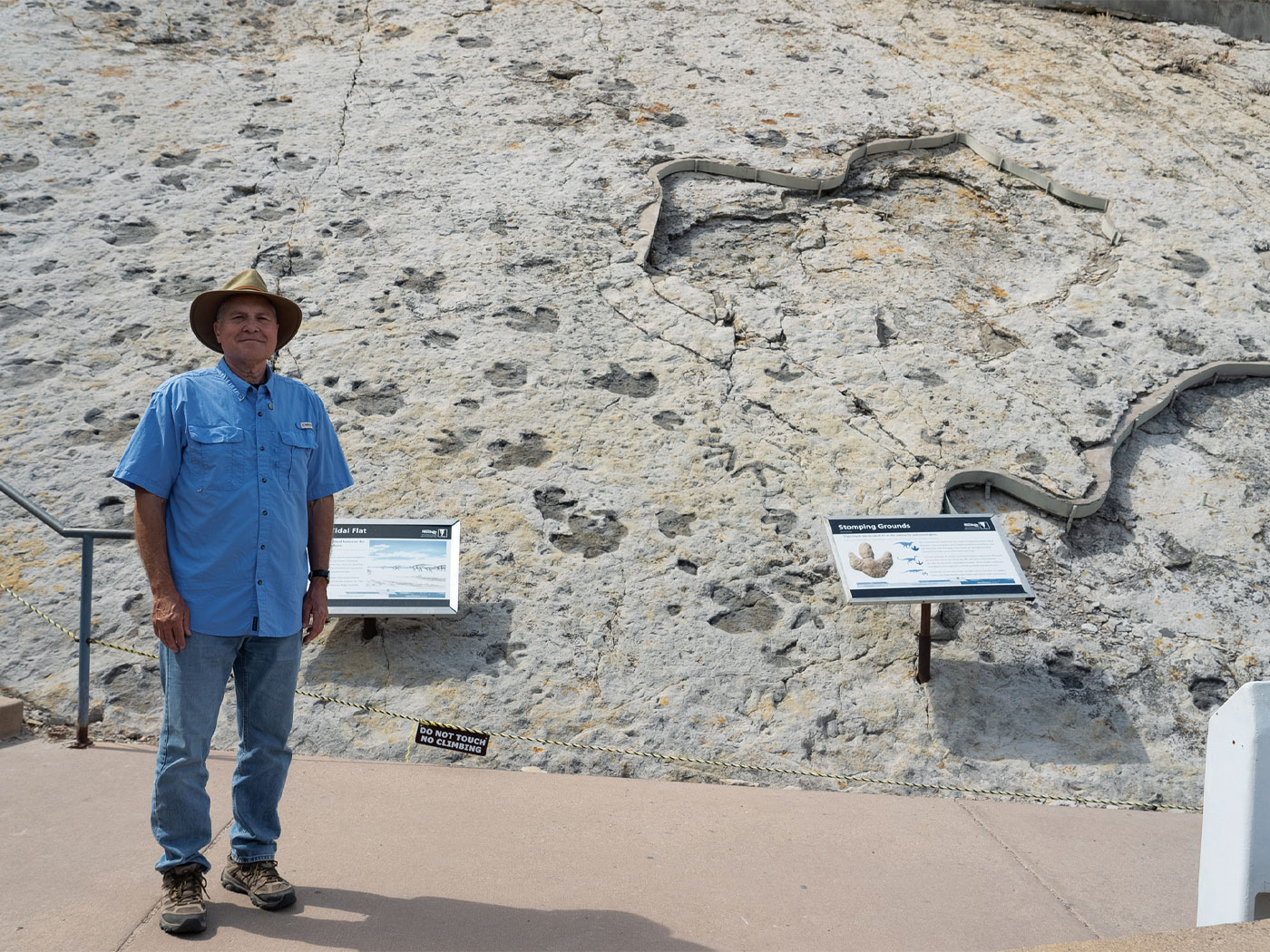Many scientifically trained Christians are urging the church to accept the doctrine of an old earth, saying that the arguments for a 4.6-billion-year-old earth are simply too numerous and convincing to deny. These Christians would argue that they believe in an old earth simply because of the strong scientific case for it. But how can this be when few of them have actually studied old-earth arguments in detail?
Most scientists are simply too busy with their own research to seriously investigate old-earth claims. And if someone has never thoroughly studied an old-earth argument, then how can he really understand it? Nor is this conclusion changed by specialized training: A scientific background in one field—even at the Ph.D. level—does not confer all-around expertise. And thinking that it does is as fallacious as thinking that a dentist is qualified to perform brain surgery!
Science—in the sense of genuine knowledge and understanding—is not the real reason many scholarly Christians accept the doctrine of an old earth. Rather, they accept this doctrine for the same reason that laypeople do: They trust the secular scientific community’s conclusions—the majority consensus—on the subject.
The old-earth Christian academic might bristle at this suggestion. He may insist that, unlike most laypeople, his belief in an old earth is based on genuine knowledge and understanding. He may very well be acquainted with many of the arguments for an old earth, but acquaintance is not the same thing as in-depth comprehension. Old-earth arguments may seem convincing on the surface, but this is because many involve oversimplifications and fail to acknowledge the unspoken but critical assumptions that go into them, assumptions that often implicitly deny even the possibility of creation and the Flood.
Secular scientists may be quite knowledgeable in their specialty fields, and many people naively assume that claims about an old age of the earth couldn’t possibly be motivated by anything other than a simple desire for truth. However, it’s important to recognize the human mind’s natural hostility toward the things of God. Without faith in Christ, we are characterized by “enmity against God” (Romans 8:7) and described as those who “suppress the truth in unrighteousness” (Romans 1:18). Many Christians who advocate accommodation with old-earth ideas would unhesitatingly affirm these statements from Romans, but they also argue that an old age for the earth and universe cannot be questioned. But an old earth and universe simply cannot be reconciled with the plain meaning of Scripture.
Although the age of the earth is extremely important because it touches directly on the Bible’s historical accuracy, the question of God’s existence is far more important—it’s essential to salvation (Hebrews 11:6). Yet many scientists who deny a recent creation also deny the existence of God—despite overwhelming evidence of design in nature. Hence, they have already demonstrated a lack of objectivity on the subject of origins.
If secular scientists are “suppressing the truth” when it comes to the weightier issue of God’s existence, why would Christians unquestioningly accept their claims about Earth’s history?
Both scientific and historical data can be interpreted in more than one way. In a courtroom, prosecuting and defending attorneys can offer radically different interpretations of the very same forensic evidence. Because a given interpretation may seem superficially plausible, opposing sides are allowed to cross-examine one another. Probing questions may reveal problems in an interpretation of events, problems that might otherwise have gone unnoticed.
Despite popular hype, the preponderance of the evidence clearly favors the truthfulness of the Bible’s account of a young earth, and a biblical worldview is the key to making sense of both the scientific and historical data, as well as the meaning of life itself.
* Dr. Hebert is Research Associate at the Institute for Creation Research and received his Ph.D. in physics from the University of Texas at Dallas.


















